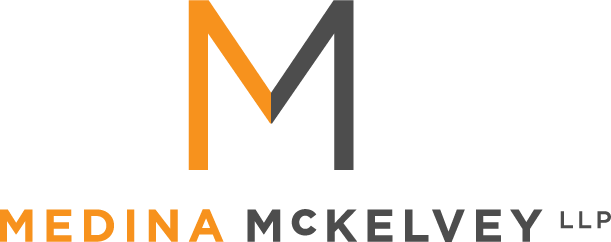2022 Legal Updates: Premium Payments
An important decision came down from the California Supreme Court this week in Naranjo v. Spectrum Security Services, Inc. The decision clarifies how employers should report meal and rest period premium payments. Failing to properly adhere to this new reporting standard may leave your business vulnerable to liability.
The Supreme Court’s Ruling
In Naranjo v. Spectrum Security Services, Inc., the California Supreme Court ruled that meal and rest break premium payments (also referred to as penalty payments) are considered “wages” under the Labor Code. The Court reasoned that these premium payments—valued at one hour of pay at the employee’s regular rate of pay—are not only meant to penalize employers for the meal or rest break infraction, but also to compensate the employee for work performed during the meal or rest period. Because the premium payments are a form of compensation, they must be reported and paid through each employee’s wage statement.
This reversed the Court of Appeal’s decision, which essentially stated that meal and rest break premium payments do not count as wages. This reversal came as a bit of a surprise because the Court of Appeal’s decision was well reasoned and logical. It is significant because it triggers two very costly provisions in the Labor Code that quickly drive up the value of any corresponding violations. The two Labor Code provisions are section 203 and section 226. Section 203 penalties (also known as “waiting time penalties”) penalize employers for not paying a departing employee “all wages owed” within a certain time frame (typically within 72 hours of voluntary resignation or notice of involuntary termination or resignation). Section 226 penalizes employers for failing to provide accurate, itemized wage statements. Naturally, Section 226 requires that all “wages” paid during the pay period be reported.
If employers don’t properly report meal or rest period premiums via employee wage statements, then employees can and will argue that they were not paid for “all wages owed” at the end of their employment (Section 203), and were not given accurate, itemized wage statements during any pay period in which they received a meal or rest period premium (Section 226). In a class or PAGA action case encompassing all employees and pay periods reaching back as far as four years, the penalties add up quickly.
What Does this Mean for Your Business?
If you have worked with our Advice and Counsel team recently, you’re likely already reporting premium payments correctly, as we have been advising our clients for some time that reporting premium payments in this manner is a best practice. Still, the Naranjo decision serves as an important reminder to periodically audit your records to ensure you’re reporting premium payments correctly. We can always help with this process if you need.
For those that aren’t reporting meal and rest period premiums on employee wage statements—or not paying meal and rest period premiums at all—we are happy to evaluate your reporting practices and devise a plan to help you quickly come into compliance. With Naranjo hot off the presses, plaintiffs’ lawyers will now be looking to capitalize on this new potential pitfall.

